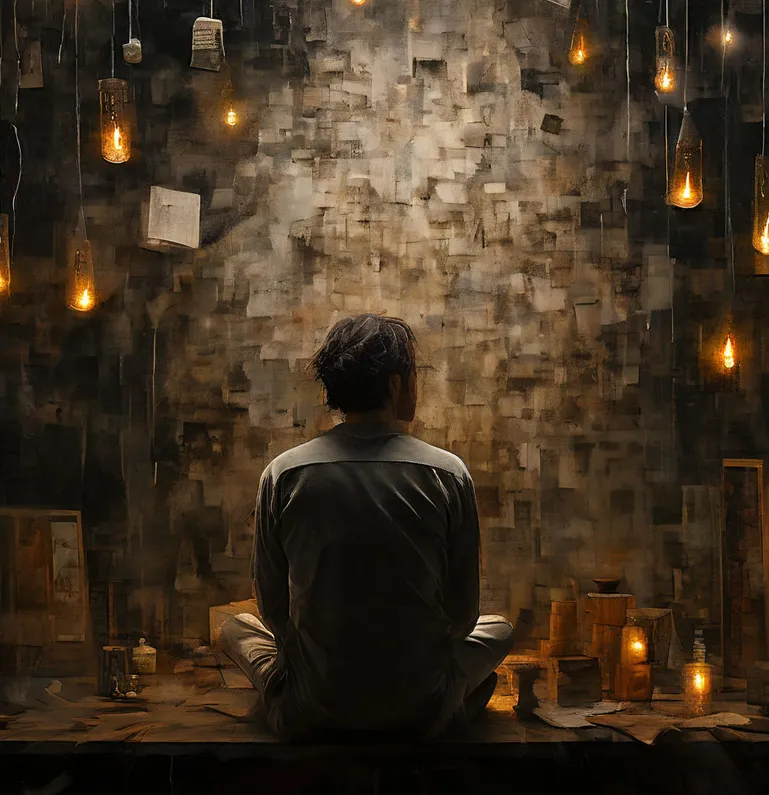The True Purpose of Memory

When most people think about memory, they usually assume its main job is to help us remember the past. We rely on our memories to recall happy moments, learn from our experiences, and share stories. However, this view doesn't fully capture what memory is really about. The true purpose of memory is less about looking back and more about looking forward. Memory helps us extract lessons from our past to better structure our future.
Memory isn't just a mental photo album filled with snapshots of events gone by. Instead, it's more like a guidebook that we continually update with new information. Each memory carries lessons we can use to navigate our lives. For example, if you touched a hot stove as a child, the memory isn't just about recalling the pain but about learning to avoid hot stoves in the future. This practical aspect of memory helps us make better decisions and avoid repeating mistakes.
This idea becomes even more important when we think about personal memories, especially traumatic ones. Traumatic memories can be particularly challenging because they often come with intense emotions and can be hard to move past. However, by analyzing these memories and understanding how we ended up in those situations, we can learn valuable lessons. Once we've figured out what went wrong and how to avoid similar situations in the future, the emotional weight of these memories can start to lift. The memory doesn't just linger as a source of pain; it transforms into a source of guidance.
Consider a time when you had a really bad experience, like failing an important test or having a huge fight with a friend. Initially, the memory might feel overwhelming, bringing up feelings of sadness, anger, or regret. But if you take the time to think about what happened, why it happened, and what you could do differently next time, you can extract useful lessons. Maybe you realize you need to study more effectively or communicate better in relationships. These insights help you grow and prevent you from making the same mistakes again.
The practical function of memory means we're done with a memory when we've fully extracted the useful information from it. Once we've done this, the memory no longer needs to occupy our thoughts as intensely. It's like completing a level in a video game; you gather what you need, and then you move on to the next challenge, equipped with new skills and knowledge.
This perspective on memory changes how we deal with our past. Instead of being haunted by our memories, we can view them as tools for personal growth. This doesn't mean the past doesn't matter or that we should forget it. On the contrary, it means we should engage with our memories actively, seeking out the lessons they hold. By doing so, we honor our past experiences by using them to create a better future.
In essence, memory is a crucial part of how we evolve as individuals. It's not just about reminiscing or holding on to what has been; it's about transforming our experiences into a roadmap for what's to come. By understanding the true purpose of memory, we can navigate our lives more effectively, turning every experience, good or bad, into a stepping stone towards a brighter future.